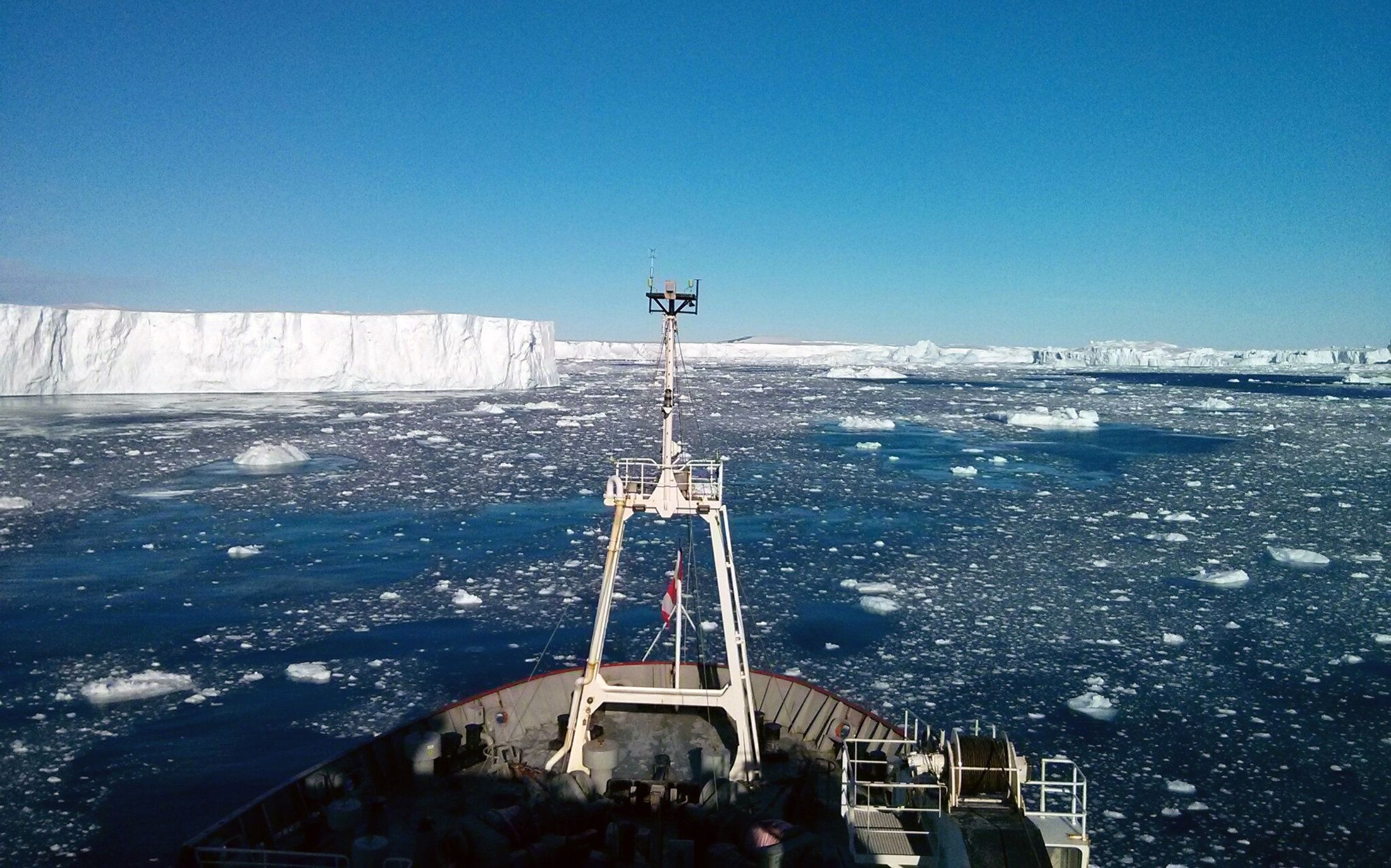What happens when a nation built on the concept of individual property ownership starts to give that up?




This is epic.



Lasers are widely used as high power sources of light operating at a specific frequency. But how does this frequency get selected when a laser is turned on, and how quickly?
Pioneering engineers working with terahertz frequency technology have been researching how individual frequencies are selected when a laser is turned on, and how quickly the selection is made.
The development of specific terahertz equipment has allowed them to investigate this process for the first time. Their results, published in Nature Communications, will underpin the future development of semiconductor lasers, including those used in public and private sector-owned telecommunications systems.

A researcher from the University of Rhode Island’s Graduate School of Oceanography and five other scientists have discovered an active volcanic heat source beneath the Pine Island Glacier in Antarctica.
The discovery and other findings, which are critical to understanding the stability of the West Antarctic Ice Sheet, of which the Pine Island Glacier is a part, are published in the paper, “Evidence of an active volcanic heat source beneath the Pine Island Glacier,” in the latest edition of Nature Communications.
Assistant Professor Brice Loose of Newport, a chemical oceanographer at GSO and the lead author, said the paper is based on research conducted during a major expedition in 2014 to Antarctica led by scientists from the United Kingdom. They worked aboard an icebreaker, the RRS James Clark Ross, from January to March, Antarctica’s summer.

